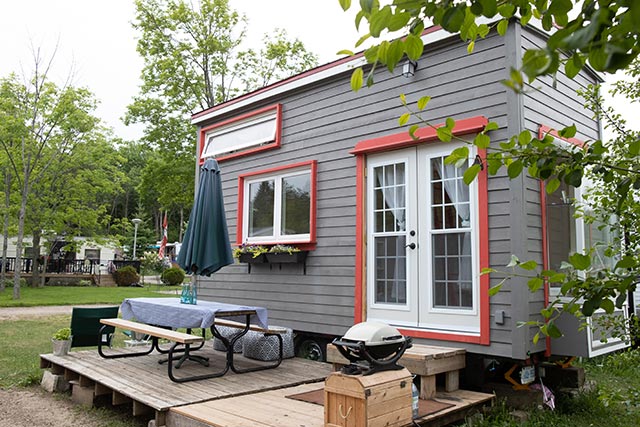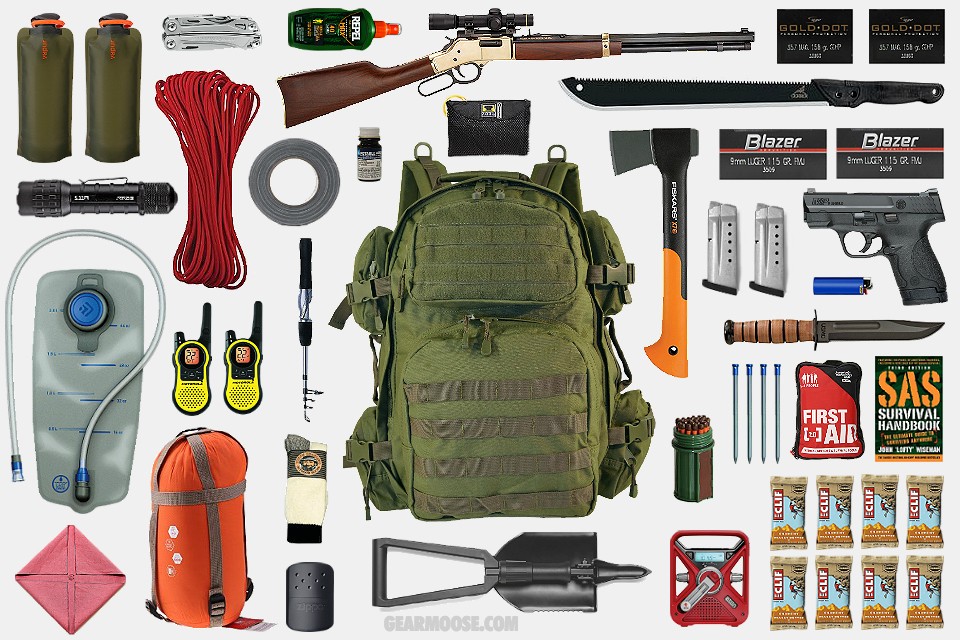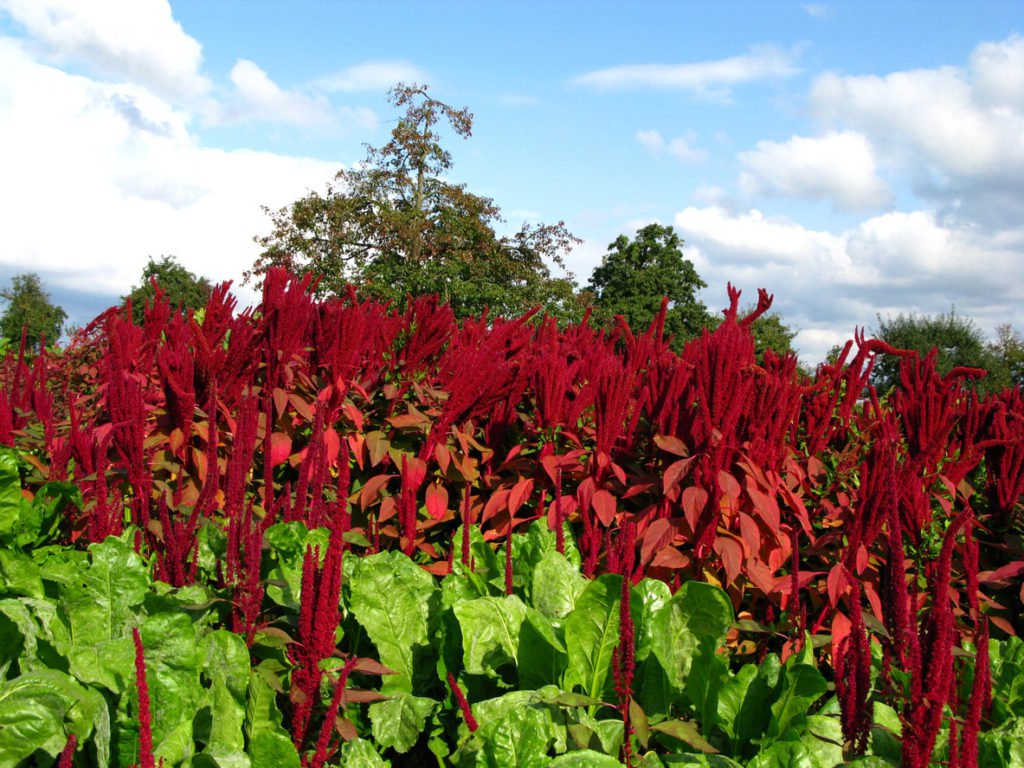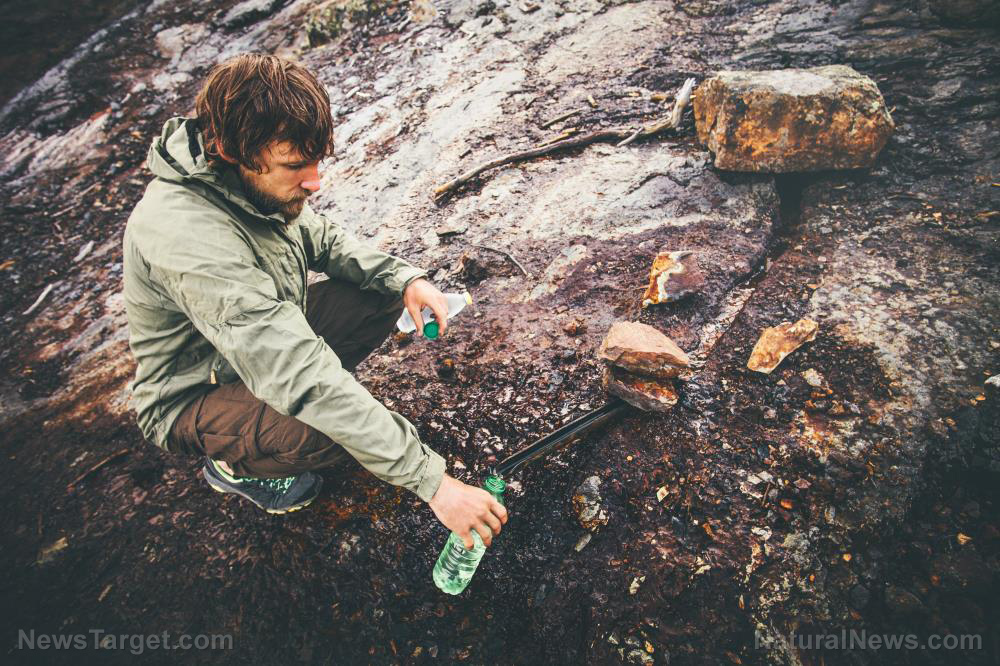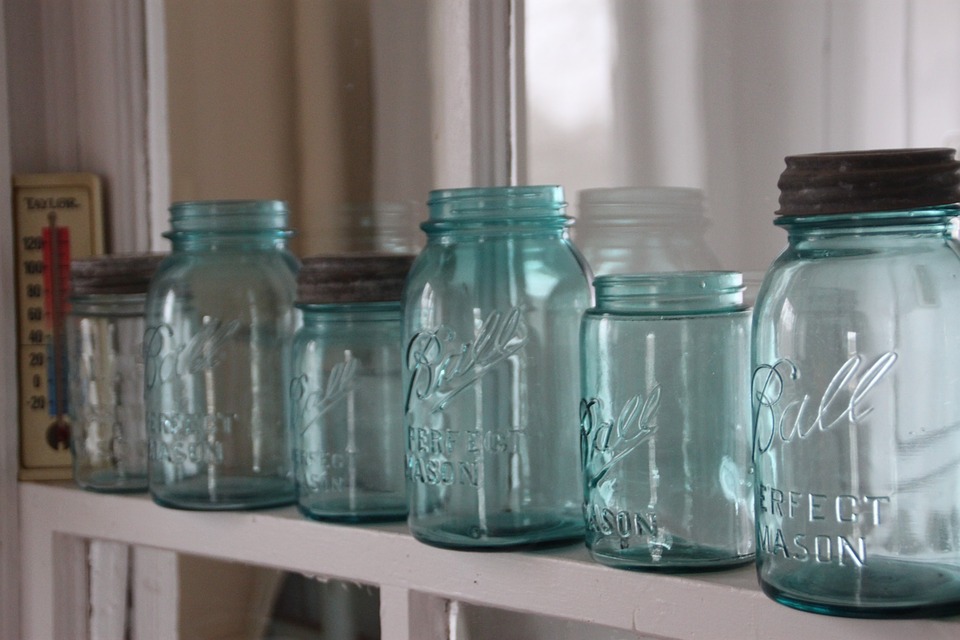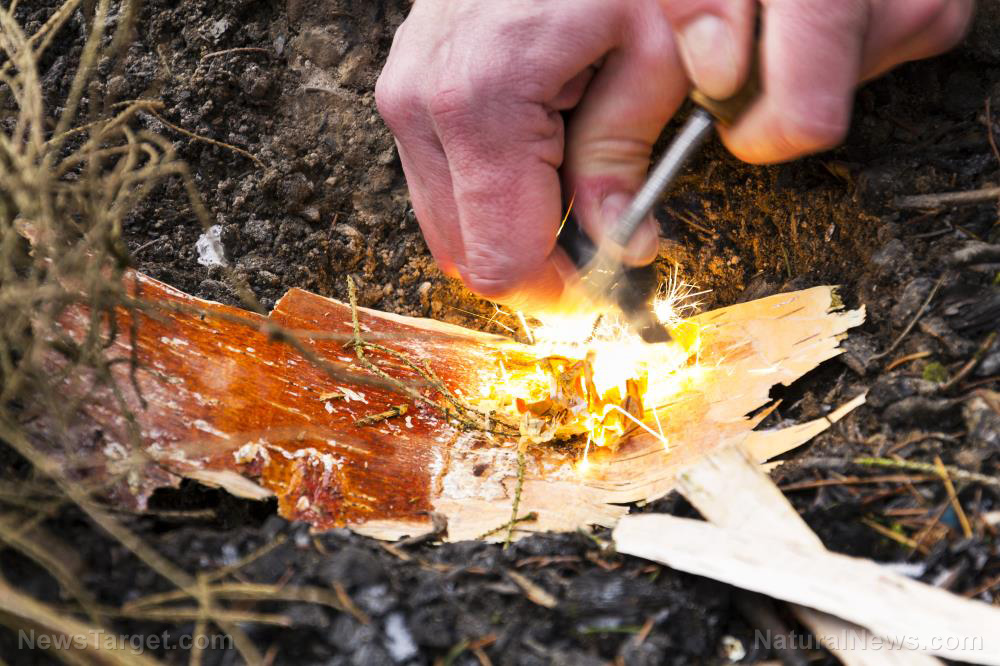3 Survival strategies that keep you safe in the wilderness
01/08/2019 / By Mary Miller
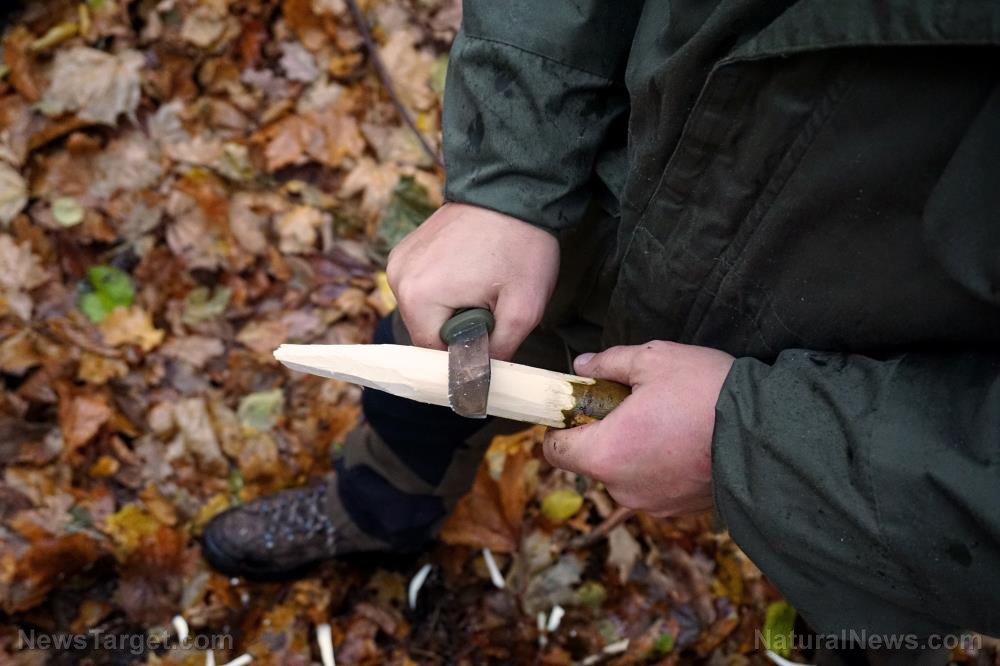
Long-term wilderness survival is no easy feat. Just because you know how to bug out for a week, doesn’t mean that you are prepared to face the challenges of living in the wilderness for weeks or even months at a time. The elements will test you and force to reach your greatest limit. Stay safe from any potential threats that you may face in the wilderness by following these three survival strategies. (h/t to Survivopedia.com.)
Gear up
When you are miles away from civilization, you can only rely on yourself and what you have in your immediate surroundings. This means that the supplies you currently have at hand are the only ones that you will have with you for the time being. If you plan to stay off the grid for months on end, then your supplies will have to last you for that long. A basic bug out bag or 72-hour emergency kit simply won’t cut it for this endeavor. The equipment that you choose to bring with you must serve the main purpose of providing you with food, water, and shelter.
You’ll need a good survival kit that can provide you with the means to build a shelter and to purify water. It should also contain some fire starters and accelerants. Stock up on enough high-energy food, depending on how long you plan to stay off-grid. If you plan to live off the grid for an extended amount of time, you may need to hunt or forage to supplement your food source. If this is the case, you may want to pack a good, sharp hunting knife and a rifle or shotgun with enough extra ammunition. You will also need a first aid kit, such as a military Individual First Aid Kit (IFAK). (Related: These are the items that you need in your first-aid kit if you just want to carry the bare minimum.)
Other useful items you may want to pack include a canteen, a solar charger for your phone, a rain poncho, a compass, a topographical map of your area, a tactical flashlight with extra batteries, a honing stone for your knife, and some toilet paper or Kleenex. If you happen to have any chronic health conditions, make sure to take your personal medications as necessary. Though it is not very likely that you will use it, you might also want to bring some spare cash, just in case.
Learn the necessary survival skills
Having all the right gear won’t do you much good in the long run if you don’t know how to use it properly. Learning basic survival skills is a necessity when bugging out or going into the wilderness. These skills can be useful even when you’re just on a simple hiking or camping trip. Bushcraft skills such as fire-making, cooking, navigation, trapping, shelter building, hunting, and fishing are invaluable skills for any prepper. Other useful skills include, backpacking, canoeing, tracking, sewing, tanning hides, and making nets and cordage. Additionally, you might want to learn about your local flora and fauna. This will help you identify wild herbs that are either edible or can be used as herbal medicines or natural remedies. It will also help you to better understand animal behavior.
Always plan ahead
If you are in a survival situation, every decision you make will have consequences. Some may be good, while others may be bad. However, even just one wrong move can easily cost you your life. Be sure to take everything into consideration or else complacency may mean the difference between life and death. Always have a backup plan, in case something goes wrong. Laminate your topographical map and regularly refer to it to avoid losing your way. Always have some spare food with you, in case you are unsuccessful during your hunt. If you only plan to stay in the wild for a limited amount of time, make sure that you have a contact who knows where you are going and when you expect to be back. If you haven’t returned by the expected date, they will know that something might have gone wrong.
Learn more survival strategies by going to Survival.news.
Sources include:
Tagged Under: bug out, bug out bag, emergencies, emergency preparedness, off grid, outdoors, preparedness, preparedness and survival, prepper, prepping, prepping tips, self sufficiency, SHTF, survival, survival gear, survival skills, Survival Tips, survival tools, survivalist, wilderness


